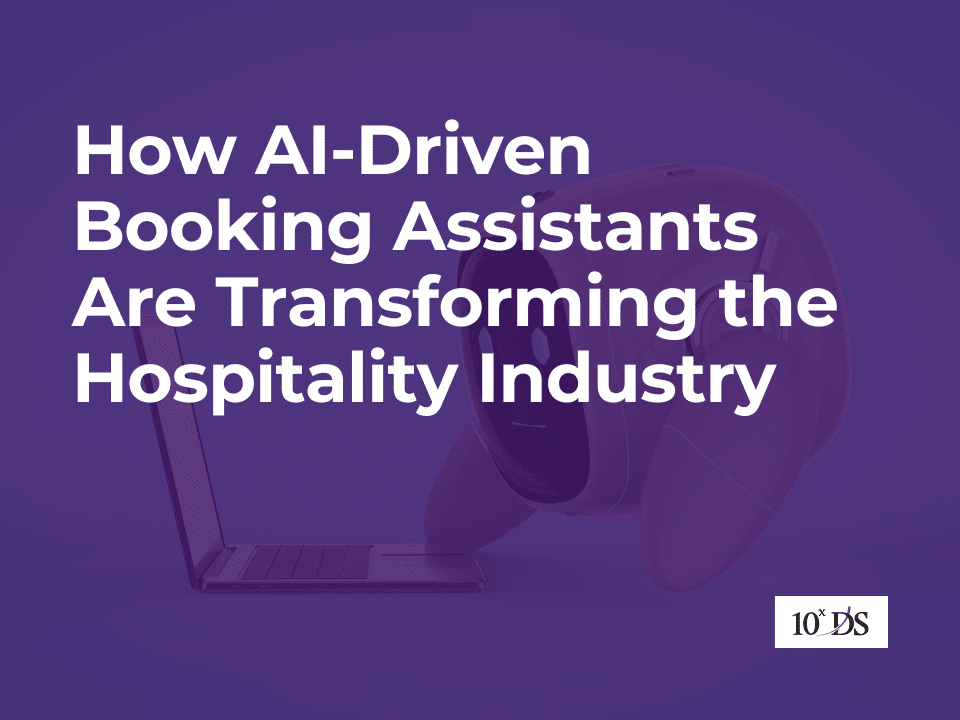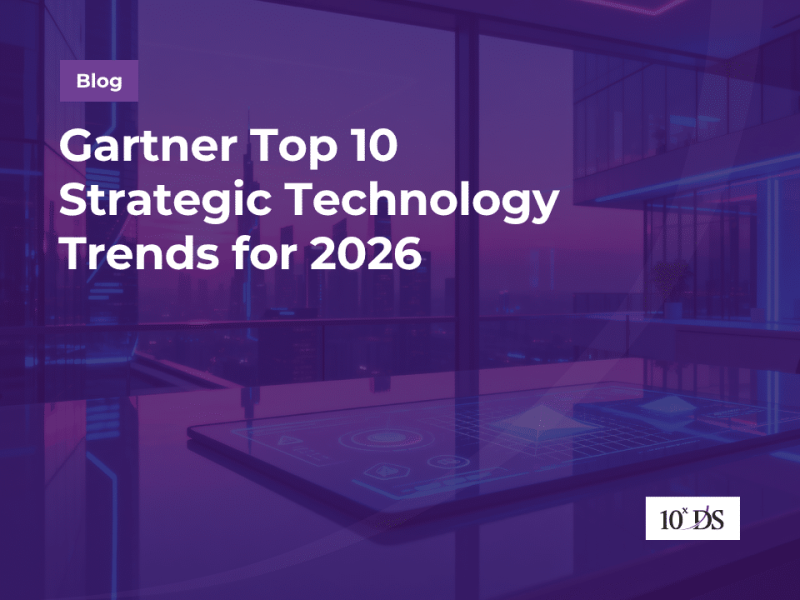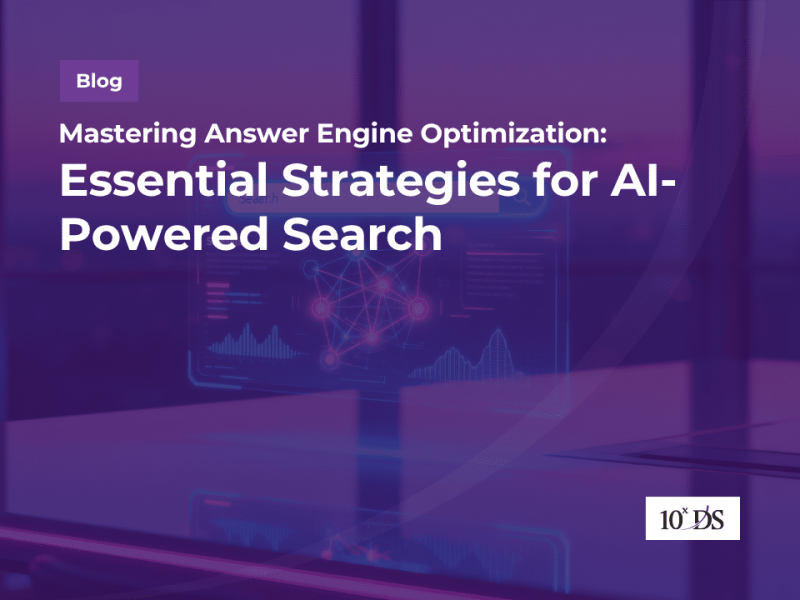
How AI-Driven Booking Assistants Are Transforming the Hospitality Industry
The hospitality industry is undergoing a digital revolution, with artificial intelligence (AI) at the forefront of innovation. Among the most transformative applications is the rise of AI-driven booking assistants—intelligent, automated systems that are redefining the guest experience and operational efficiency. From simplifying reservations to enhancing personalization, these assistants are changing the way hotels operate and engage with guests. In this blog, let us analyse, how AI-driven booking assistants are revolutionizing how hotels manage reservations, interact with guests, and operate behind the scenes. These intelligent tools offer a wide range of capabilities that go beyond basic booking, providing strategic advantages to hospitality providers. Here are the top five use cases where AI-driven booking assistants are making a significant impact:
Top 5 Use Cases for AI-Driven Booking Assistants
1. Instant, 24/7 Reservation Management
One of the primary use cases for AI-driven booking assistants is providing around-the-clock reservation support. These systems allow guests to check availability, make bookings, and modify or cancel reservations at any time, without waiting for a human agent. This not only enhances guest convenience but also reduces the risk of losing potential customers due to time zone differences or after-hours inquiries.
2. Personalized Upselling and Cross-Selling
AI-driven booking assistants analyze guest data—such as past stays, preferences, and browsing history—to offer highly relevant upgrades and add-ons during the booking process. For example, a returning guest may be offered a room with a view, a spa package, or late checkout. This intelligent, real-time personalization increases revenue per booking and enriches the guest experience.
3. Multilingual Customer Interaction
With the growth of global travel, language barriers can hinder customer engagement. AI-driven booking assistants offer multilingual support, enabling hotels to serve international guests in their native languages. This fosters smoother communication, improves booking conversion rates from foreign markets, and positions the hotel as a globally accessible brand.
4. Automated Customer Support for Common Queries
Guests often have questions about amenities, cancellation policies, check-in times, or local attractions. AI booking assistants can handle these FAQs instantly, reducing the burden on human staff and ensuring that potential guests receive timely and accurate information. This proactive support leads to better user experiences and fewer lost bookings.
5. Data Collection and Predictive Analytics
AI booking tools gather and analyze guest behavior, seasonal trends, and booking patterns. These insights help hoteliers make smarter decisions—such as adjusting pricing strategies, forecasting demand, or targeting specific customer segments with tailored offers. Over time, this data-driven approach enables hotels to fine-tune their services and marketing efforts more effectively.
From round-the-clock support to personalized offers and multilingual communication, AI-driven booking assistants are no longer a luxury but a strategic necessity. These intelligent systems help hotels improve guest satisfaction, optimize operations, and gain a competitive edge in an increasingly digital and global marketplace. Let us now examine the benefits to be derived.
Benefits of AI-Driven Booking Assistants
1. Round-the-Clock Availability
AI-powered booking assistants offer 24/7 availability, surpassing the limitations of traditional booking channels that rely on human agents or fixed office hours. Whether it’s late at night or during a holiday, guests can make, modify, or cancel reservations instantly. This continuous access caters especially to international travelers in different time zones, ensuring seamless service whenever and wherever it’s needed. It also significantly reduces wait times and missed booking opportunities.
2. Hyper-Personalized Guest Experiences
AI systems excel at processing and learning from large datasets. They can analyze historical booking patterns, guest preferences, browsing behavior, and feedback to deliver personalized recommendations. For example, returning guests may receive tailored suggestions for room upgrades, loyalty discounts, or curated experiences based on past stays. This level of personalization not only boosts guest satisfaction but also encourages brand loyalty and repeat business.
3. Multilingual and Cross-Cultural Communication
Globalization has brought an increasingly diverse customer base. AI booking assistants equipped with multilingual capabilities can interact in dozens of languages, enabling seamless communication with guests from around the world. This breaks down language barriers, minimizes misunderstandings, and enhances the overall guest experience. It also opens up the hotel’s offerings to a broader international audience, supporting global expansion efforts.
4. Higher Conversion Rates and Reduced Abandonment
By delivering instant responses to inquiries, addressing common booking concerns, and guiding guests through the reservation funnel, AI booking assistants play a crucial role in minimizing booking abandonment. With real-time inventory updates, dynamic pricing options, and upsell opportunities, they can nudge users toward completing a reservation. The result is a smoother, more efficient booking process that leads to increased conversion rates and revenue.
5. Real-Time Data Collection and Actionable Insights
AI booking tools don’t just manage reservations—they’re also powerful data engines. They collect valuable interaction data, such as frequently asked questions, booking trends, seasonal preferences, and customer sentiment. These insights allow hoteliers to optimize room pricing, forecast demand more accurately, refine their marketing strategies, and design experiences that align with guest expectations. Over time, this leads to more informed, data-driven business decisions.
6. Enhanced Operational Efficiency
Routine tasks such as sending booking confirmations, updating availability, managing cancellations, or handling FAQs can be automated through AI systems. This reduces the workload on front-desk and reservation staff, allowing them to focus on higher-value tasks like personalized guest service and problem resolution. By automating repetitive processes, hotels can lower staffing costs and improve operational efficiency without compromising service quality.
7. Seamless System Integration
Modern AI booking assistants are designed to integrate effortlessly with hotel technology ecosystems. They can synchronize with Property Management Systems (PMS), Customer Relationship Management (CRM) tools, channel managers, payment gateways, and even digital concierge platforms. This enables real-time updates, reduces manual errors, and ensures consistent communication across all departments, resulting in a unified and smooth guest experience.
Conclusion
AI-driven booking assistants are not just a technological upgrade—they represent a fundamental shift in how the hospitality industry operates. By blending automation with intelligent personalization and deep data analysis, these tools enhance guest satisfaction, improve operational workflows, and unlock new opportunities for revenue growth. As technology continues to evolve, hotels that embrace AI solutions today are positioning themselves as leaders in the customer-centric hospitality landscape of tomorrow.
Talk to our experts to learn more.


